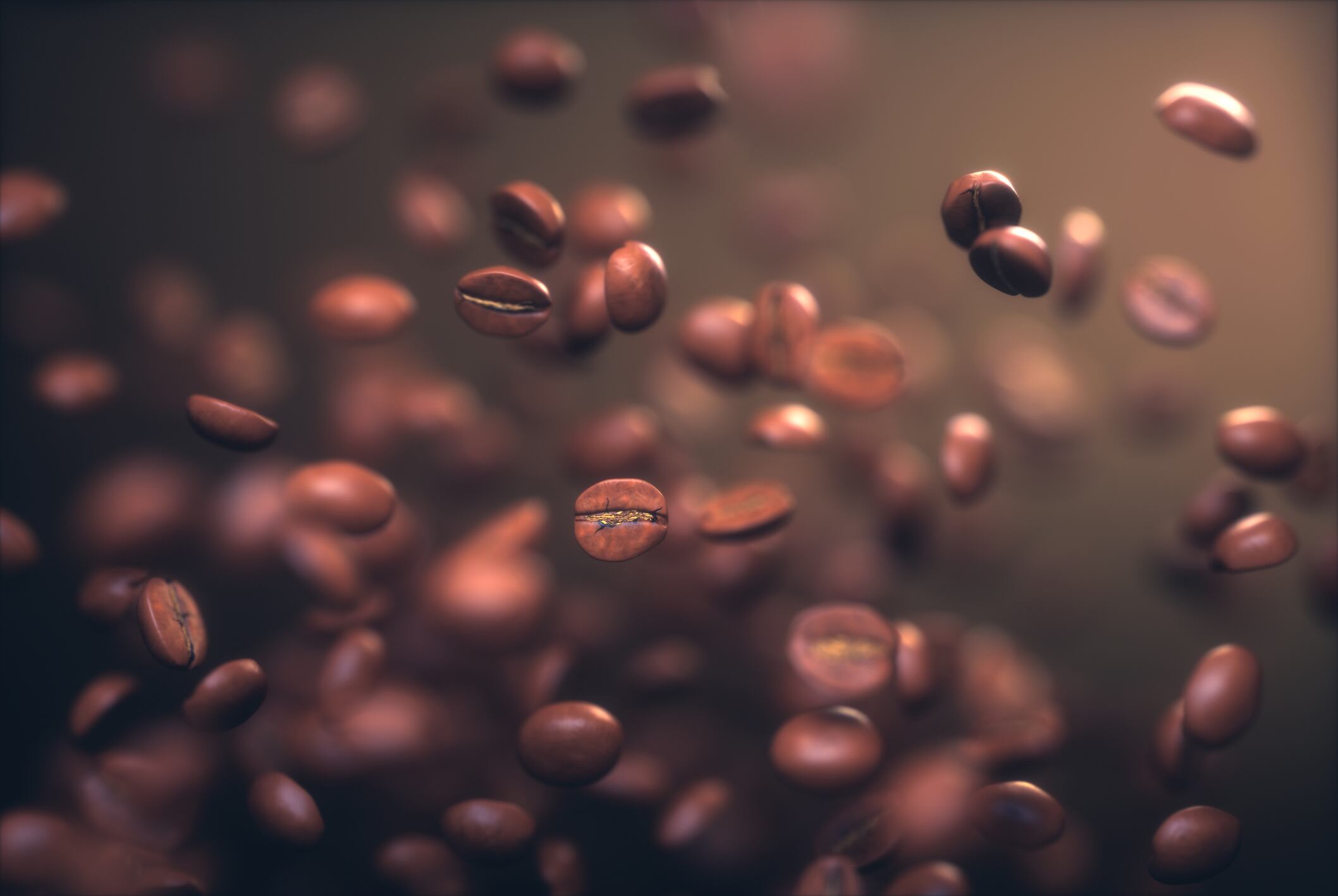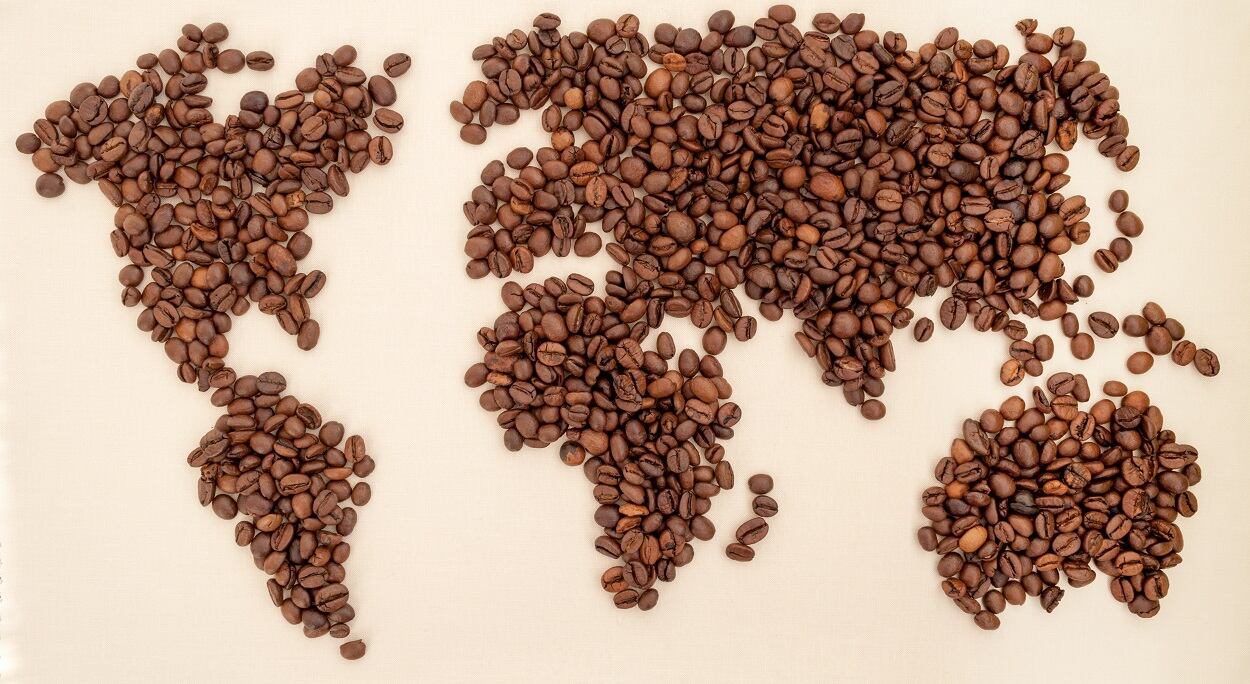This month, Arabica prices dropped below $1 per pound for the first time since 2006. This price low also happened in the context of a global surplus of coffee and record crop from the world's second-largest coffee producer Vietnam. The southeast Asian coffee major produced 30.4 million 60kg bags in the 2018/19 crop, up from just 29.2 million 60kg bags in 2017/18, according to Rabobank.
Carlos Mera Arzeno, senior commodity analyst at Rabobank, said whilst Brazil had managed to stay competitive, thanks to a weak Brazilian real, for the rest of Latin America the situation was “very tough”.
“Farmers are struggling with these prices,” Mera Arzeno told FoodNavigator-LATAM.
Some countries in Central America may not even harvest their crop this year because of costs, he said.
Learning from Brazil...
For Latin America's coffee industry to survive, particularly markets in Central America, producers would need to be proactive, Mera Arzeno said.
“Cooperative organization can be very positive for coffee farmers. It works well in Brazil and cooperatives could be strengthened in other countries,” he said.
In Central America, there were “very few” coffee cooperatives and many countries could learn from how Brazil's sector was structured.
As the biggest coffee producer in the world, Brazil produced 56.8 million 60kg bags this 2018/19 crop – one-third of the world's total 168.1 million 60kg bags.
Mera Arzeno said the market was “a very different animal” to the rest of Latin America. “It's totally different, like a world apart. They have big farms, it's mainly mechanized, very high-yielding, loads of investments and finance available. It's a very professionalized sector with different cooperatives involved, so, it's a very efficient market.”
Beyond forming cooperatives, coffee markets like El Salvador, Honduras, Guatemala and Nicaragua would also benefit from specialization to gain a higher price for their coffee, Mera Arzeno said.
Specialty coffee is 'very much in demand'
El Salvador's Coffee Council Consejo Salvadoreño del Café (CSC) recently partnered with Swiss-based coffee trade platform Algrano in a bid to secure more European business and stretch its specialty reach.
“Specialty coffee is very much in demand still and they have very large differentials. It's paid significantly higher than the futures level,” Mera Arzeno said.
Specialization or market differentiation could be done in a number of ways, he said, including improving the taste of the end product through monitoring or improving growing conditions, using alternative processing techniques or simply communicating a story behind the coffee – that it was grown near a volcano or processed by hand, for example.
“In Central America, we're talking about very small farms, normally non-mechanized, terrain with low yields and some very good quality coffee. So, they would probably benefit from the specialty sector.”


